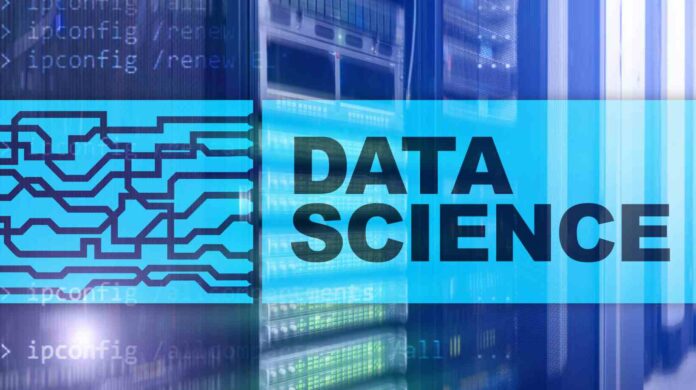Data science is a powerful tool that can transform any industry, and one of the sectors that stand to benefit the most is healthcare.
Data science, with its ability to analyze large sets of data and extract valuable insights, has the potential to revolutionize healthcare in numerous ways, from improving patient outcomes to streamlining operations.
Predictive Analytics
One of the significant contributions of data science to healthcare is predictive analytics. By analyzing historical patient data, such as medical records and diagnostic tests, data scientists can develop models that predict potential health issues.
These models can identify patients at risk of developing certain diseases, allowing healthcare providers to intervene early and implement preventive measures.
Personalized Medicine
Every patient is unique, and what works for one may not work for another. Data science enables the practice of personalized medicine by analyzing vast amounts of patient data, including genetic information, lifestyle factors, and medical history.
This analysis helps healthcare professionals tailor treatment plans to individual patients, increasing the likelihood of successful outcomes and minimizing adverse effects.
Drug Discovery and Development
Developing new drugs is a complex and time-consuming process. Data science accelerates this process by analyzing biological data to identify potential drug targets, predict the efficacy of compounds, and simulate drug interactions.
By adopting data science techniques, researchers can expedite drug discovery and bring innovative treatments to market faster.
Operational Efficiency
In addition to improving patient care, data science can enhance the efficiency of healthcare operations.
By analyzing operational data, such as patient flow, resource utilization, and inventory management, healthcare organizations can optimize workflows, reduce wait times, and allocate resources more effectively.
This leads to cost savings and a better overall healthcare experience for patients.
Disease Surveillance and Outbreak Prediction
Data science plays a crucial role in disease surveillance and outbreak prediction. By analyzing data from various sources, including electronic health records, social media, and environmental sensors, data scientists can detect patterns and trends indicative of potential disease outbreaks.
Early detection allows public health officials to implement targeted interventions and prevent the spread of infectious diseases.
Remote Monitoring and Telemedicine
With the rise of telemedicine and remote monitoring technologies, data science has become indispensable in managing and analyzing the vast amounts of data generated by these platforms.
Data science techniques enable real-time monitoring of patient vitals, analysis of health trends, and early detection of abnormalities, facilitating remote healthcare delivery and improving access to medical services, especially in underserved areas.
Thus Data science holds immense promise for transforming healthcare by harnessing the power of data to improve patient outcomes, drive innovation, and enhance operational efficiency.
By adopting predictive analytics, personalized medicine, and other data-driven approaches, healthcare providers can deliver more effective and efficient care, ultimately leading to healthier populations worldwide.
As technology continues to advance, the role of data science in healthcare will only become more significant, paving the way for a healthier future for all.

